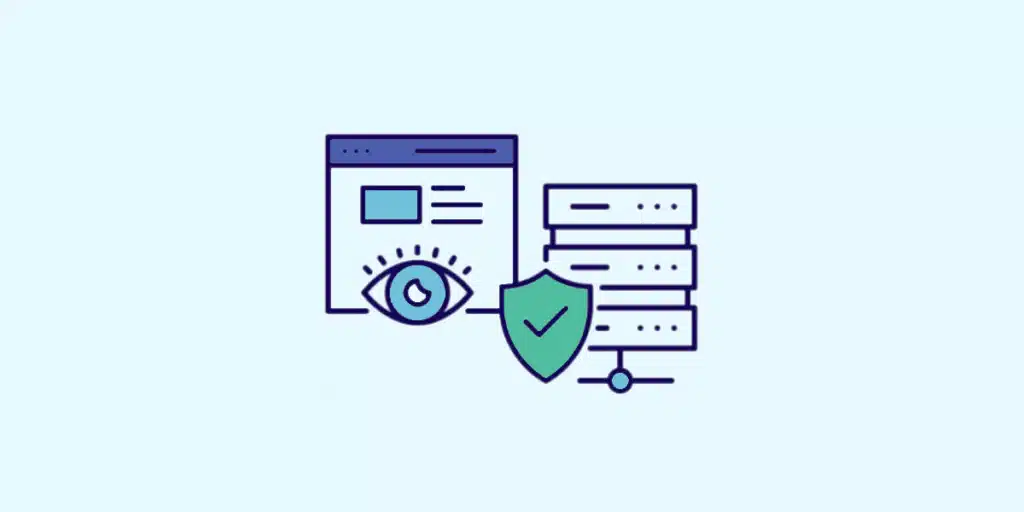While the growing importance of data facilitates decision-making within organizations, it also increases cyber risk. In this context, data protection is of paramount importance. This is where the data custodian comes in. So who is he or she? What are his missions? And their skills? Find out in this article.
What is a data custodian?
Also known as a data modeler or ETL developer, the data custodian is the administrator of the organization’s databases. They are responsible for the technical maintenance of the database to ensure it remains accessible and secure.
Additionally, the database administrator (DBA) is tasked with resolving various issues related to data processing, storage, and usage. However, instead of reacting to problems after they occur, the DBA must proactively establish a secure infrastructure to anticipate potential IT risks. In general, the data custodian is responsible for implementing rules defined within the framework of data governance.
It’s important to note that the data custodian primarily deals with issues related to data transport and storage. Matters concerning data quality are typically outside their scope of responsibilities.
A noteworthy point is that many companies often employ multiple data custodians to manage various data sources or databases.

How does this differ from other data professions?
The data custodian is often confused with other data experts, particularly:
1. Data Steward vs Data Custodian: The data steward is responsible for the quality of the data itself, while the data custodian is responsible for the technical environment and the database structure.
2. Data Owner vs Data Custodian: The data owner is responsible for the quality and reliability of the data from a business perspective. On the other hand, the data custodian is responsible for the IT infrastructure according to the business requirements.
What does a data custodian do?
To ensure the IT administration of databases, the data custodian must fulfill several missions, including:
1. Database Structure: The data custodian defines the infrastructure of the database to ensure it is secure, both against external and internal threats. The definition of the infrastructure covers aspects such as data storage, retention, usage, and sharing. All these elements contribute to ensuring IT security.
2. Database Accessibility: The data custodian verifies access to the database, ensuring that only authorized individuals can access the databases.
3. Documentation: To implement effective data governance, the data custodian must document all the rules and codes in place for data storage, processing, and transmission. These rules and codes are then disseminated to all organization employees.
What skills does a data custodian have?
Given that the data custodian’s primary area of expertise is technical and operational, they must possess well-developed hard skills. Therefore, they must have a strong command of computer tools such as SQL, Hadoop, Access, Azure DevOps, and others.
Additionally, they should have solid organizational skills to manage large-scale projects effectively.










